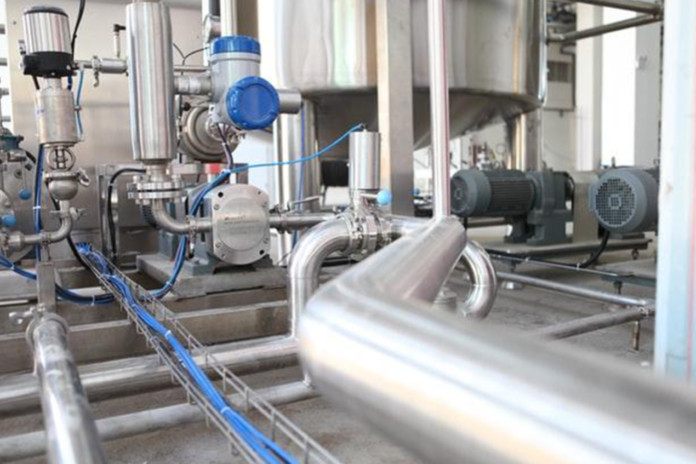When it comes to setting up or expanding an industrial operation, acquiring high-quality equipment is crucial. However, purchasing brand new machinery can often be cost-prohibitive. Fortunately, buying industrial equipment second hand is a practical and cost-effective solution that allows businesses to access reliable machinery at a fraction of the original cost. In this article, we will provide a comprehensive guide on how to buy second-hand industrial equipment, ensuring that you make informed decisions while maximizing your investment.
Determine Your Equipment Needs:
- Before embarking on your search for second-hand industrial equipment, it is vital to have a clear understanding of your specific needs. Assess the machinery required for your operations, considering factors such as capacity, functionality, and any specialized features. This step will help you narrow down your search and focus on finding the right equipment that aligns with your business requirements suggest surplus network.
Research Reputable Sellers:
- Finding reliable sellers is key to securing high-quality second-hand industrial equipment. Research various platforms and marketplaces that specialize in used industrial machinery, both online and offline. Look for reputable sellers with a track record of providing reliable equipment and excellent customer service. Read customer reviews and testimonials to gauge their credibility and the quality of the equipment they offer.
Inspect the Equipment:
- When buying used industrial equipment, it is essential to thoroughly inspect the machinery before making a purchase. If possible, arrange an in-person inspection to assess the condition of the equipment. Inspect key components, check for any signs of wear and tear, and ensure that all safety features are intact. If an in-person inspection is not feasible, request detailed photographs and videos to evaluate the equipment’s condition.
Consider Maintenance History:
- Inquire about the equipment’s maintenance history and ask for relevant documentation. Understanding how well the machinery has been maintained can provide insight into its overall condition and potential lifespan. Equipment with a well-documented maintenance history is often a safer investment, as it indicates that the previous owner took care of regular upkeep and repairs.
Evaluate Pricing and Negotiate:
- One of the primary advantages of buying second-hand industrial equipment is the potential cost savings. However, it is crucial to evaluate the pricing carefully. Research the market value of the equipment you are interested in to ensure that the asking price is fair. Consider factors such as the age, condition, and availability of spare parts. If necessary, negotiate with the seller to achieve a mutually beneficial price.
Check for Warranty Options:
- While warranties for used industrial equipment are not as common as those for new machinery, some sellers may offer limited warranties or guarantees. Inquire about any warranty options available and understand the terms and conditions associated with them. A warranty can provide added peace of mind and protection against unforeseen equipment failures.
Verify Seller Reputation and Return Policies:
- Before finalizing a purchase, verify the reputation of the seller once again. Look for any red flags, such as negative reviews or unresolved customer complaints. Additionally, review the seller’s return policy to ensure that you have recourse in case the equipment does not meet your expectations or if any unforeseen issues arise after the purchase.






